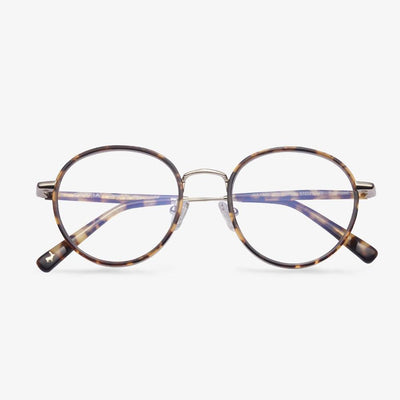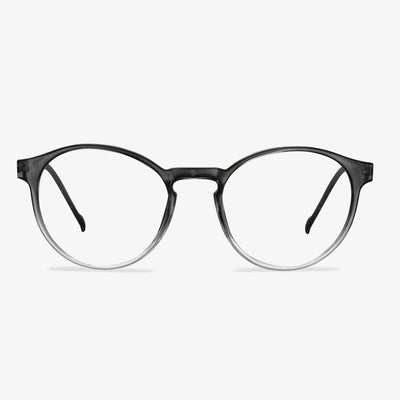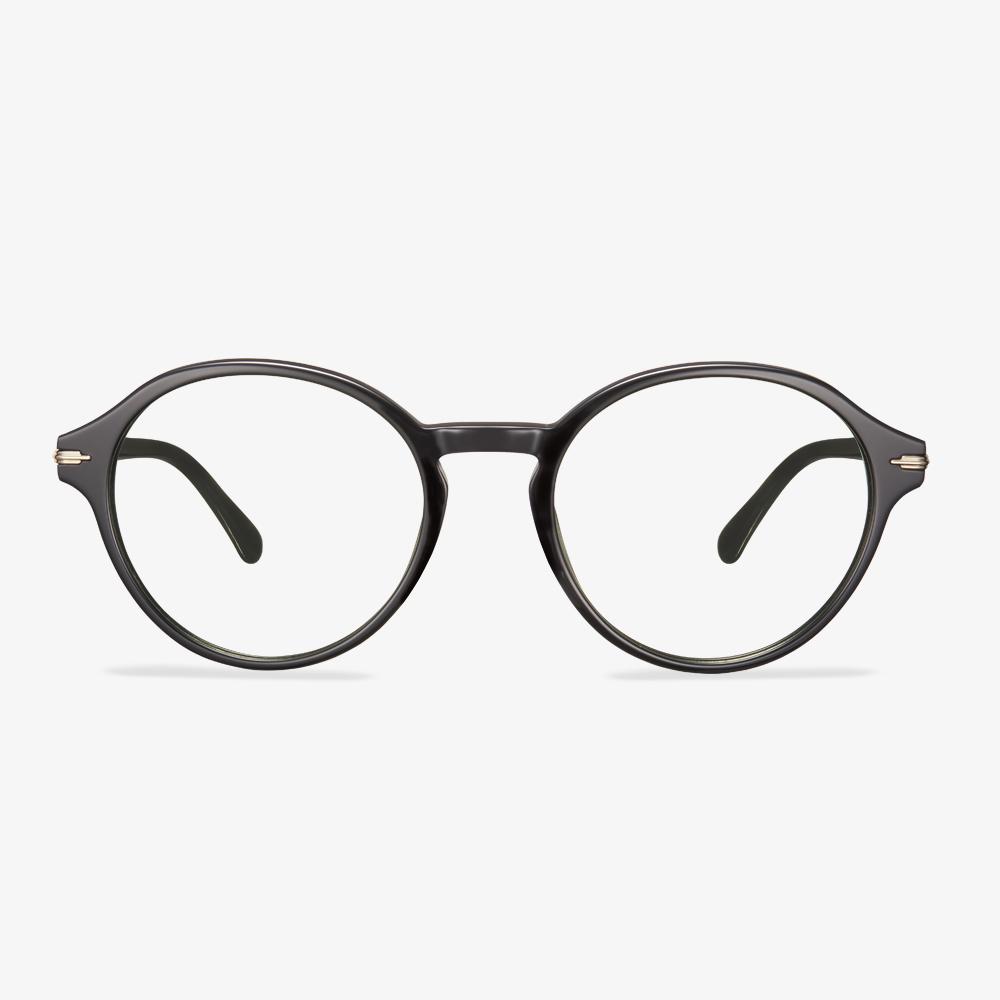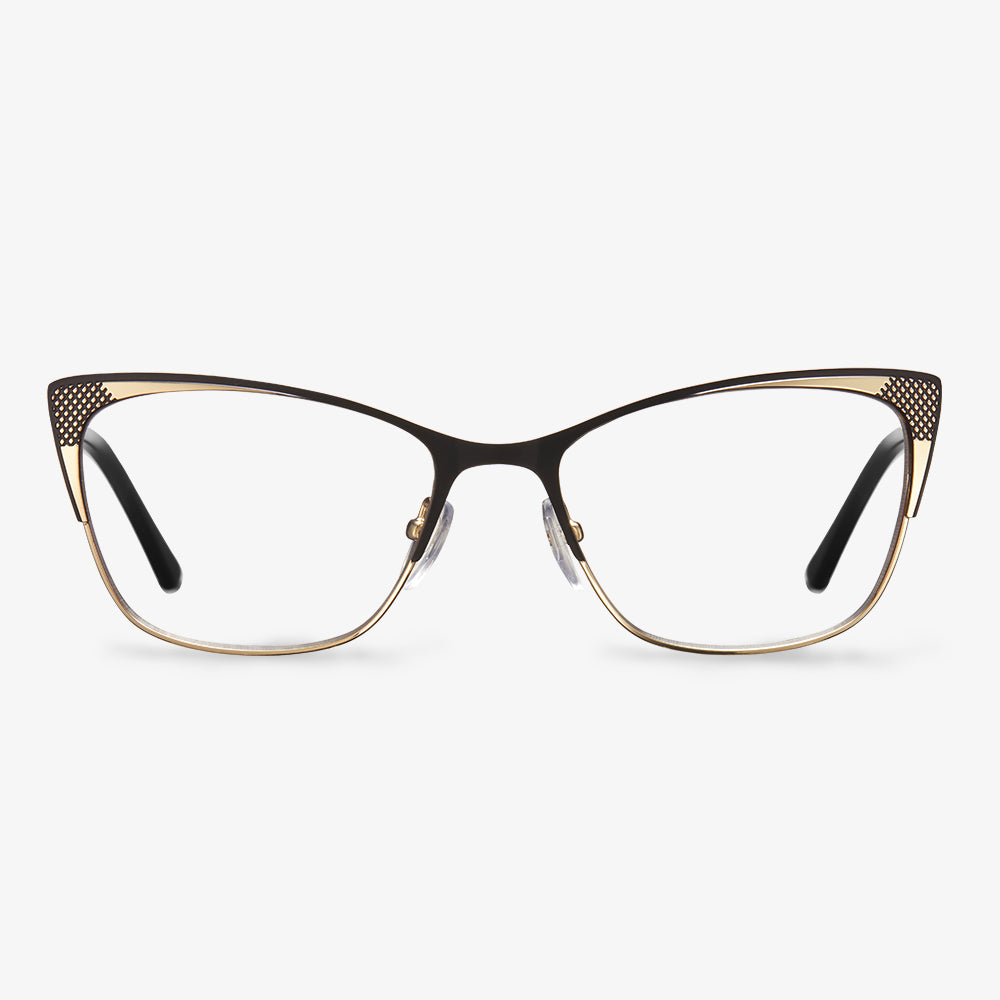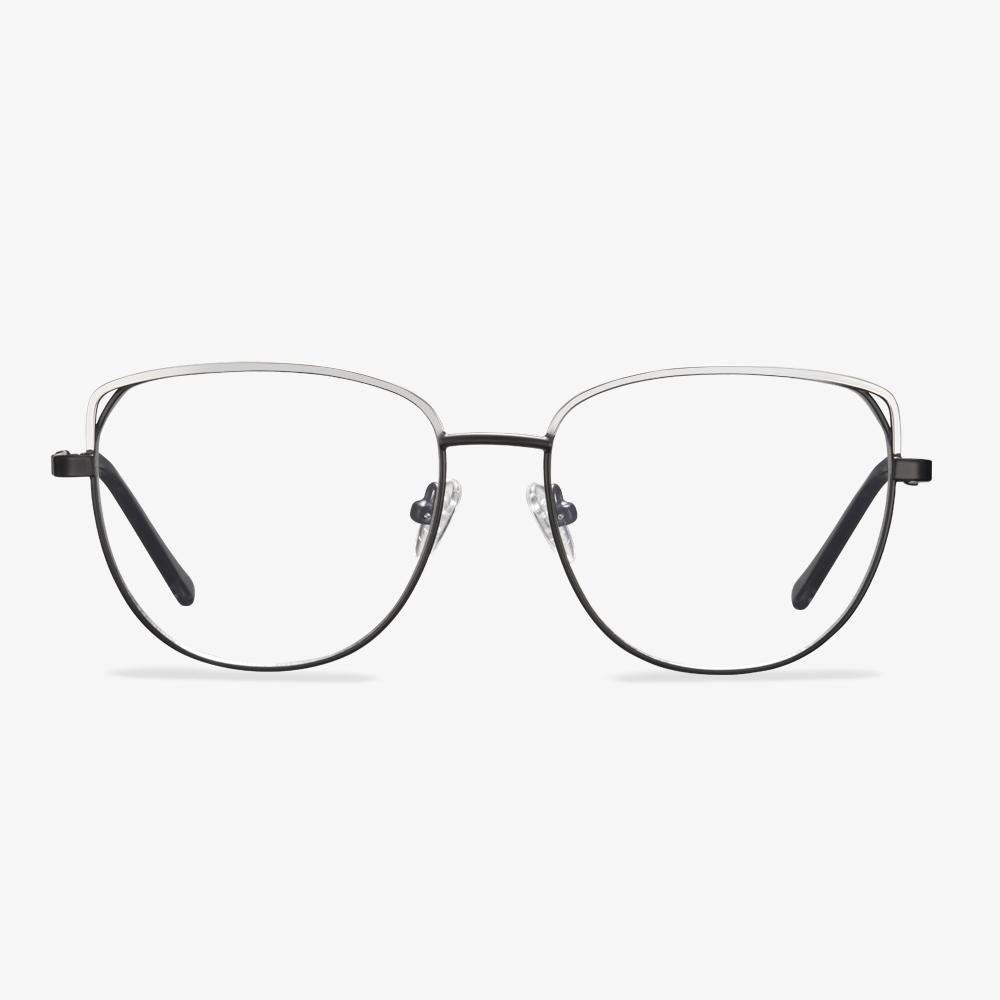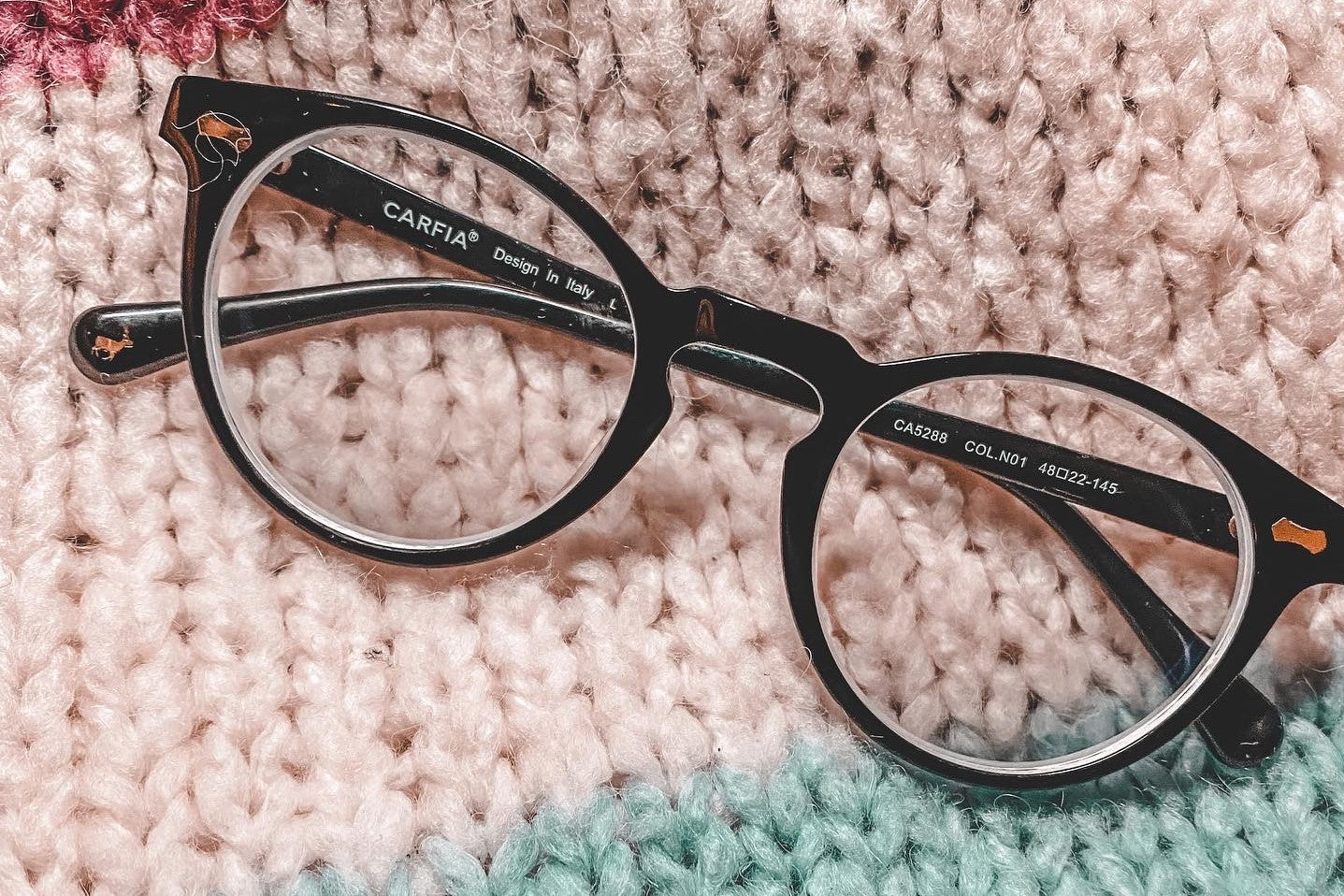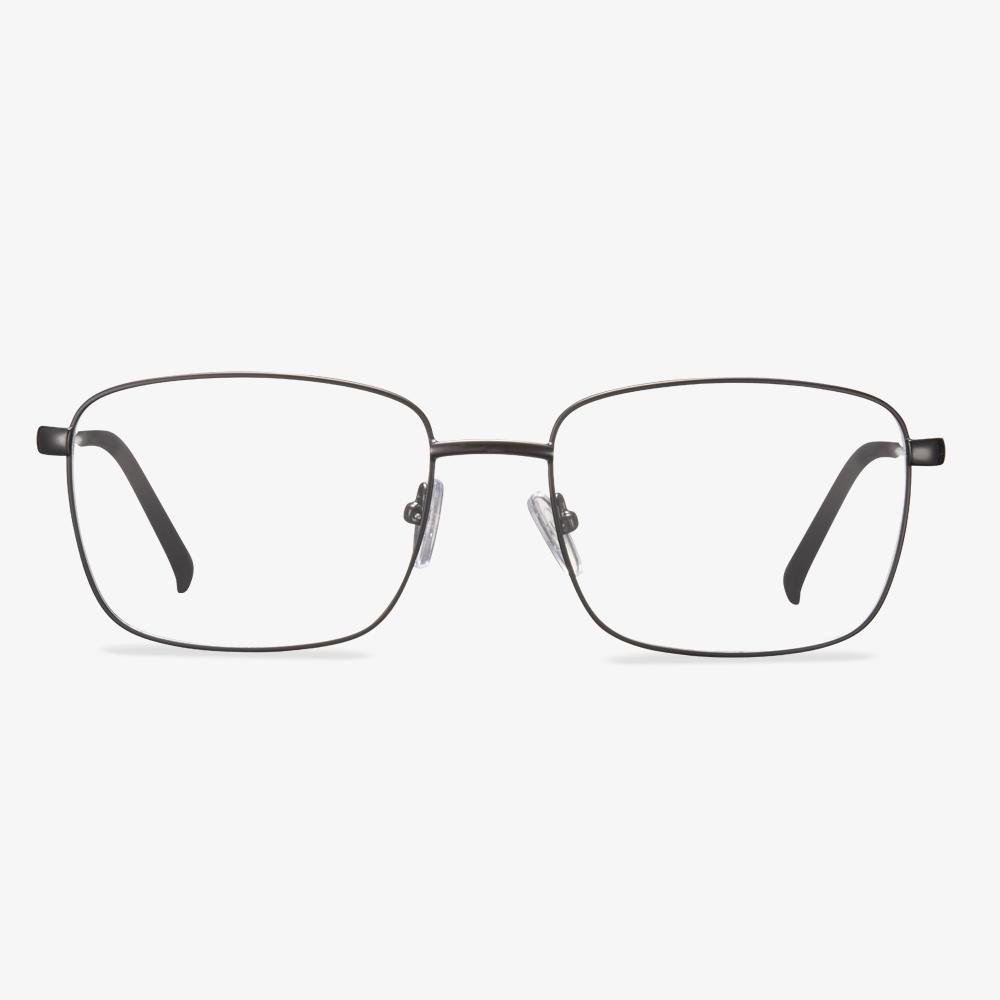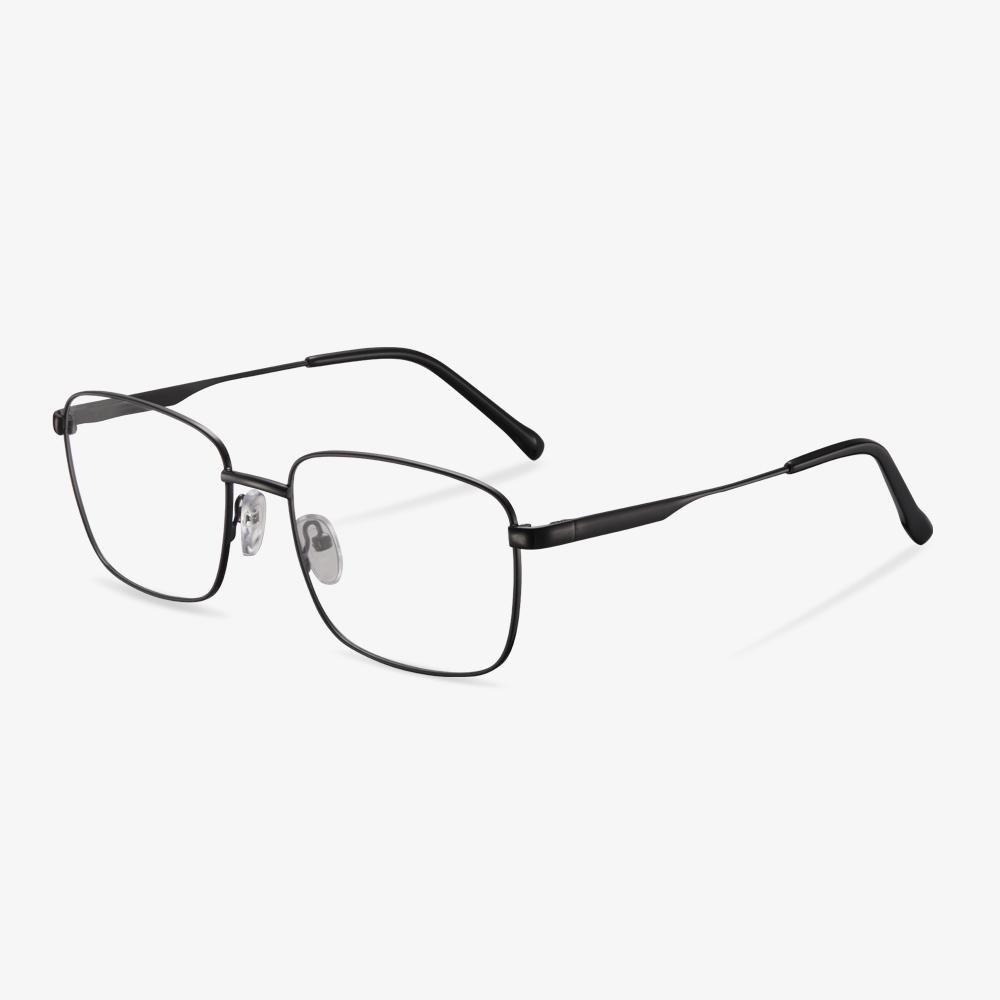What is blue light?
To prevent blue light, we must first understand what blue light is. The visible light with a wavelength range of 400-500 nanometers is called blue light. The light sources used in daily LED lighting and display products, including mobile phones, flat panels, and TVs, are mostly LED light sources excited by blue light. However, not all blue light is harmful to the human body. The human eye has an extremely low tolerance to blue light radiation in the 400-440 nanometer range. When the light intensity enters this threshold, photochemical damage is likely to occur. However, blue light radiation in the range of 459-490 nanometers is essential for regulating the human body's circadian rhythm and can affect the secretion of human melatonin, which in turn has an impact on the body's biological clock, alertness, and mood.
Scientifically effective anti-blue light lenses must not only block harmful blue light but also cannot filter beneficial blue light. Most of the ineffective anti-blue light products on the market currently have two types of problems. One is that there is almost no protective effect on the blue light in the vulnerable zone of the human eye. The other is excessive protection, shielding the blue light spectrum in the beneficial band so that the blue light that is beneficial for physiological adjustment cannot enter the human eye. At the same time, the color of the lens is yellow, which is prone to color shift, aggravating visual fatigue, and even inducing the risk of myopia.
The function of eyeglasses cloth
Under a powerful microscope, the fibers of the cloth are more closely arranged than those of ordinary cloth, and the material itself is softer than ordinary cloth. That's because eyeglasses under the eye are almost always coated, with each standard lens having seven layers of different functions on the front and back surfaces, to extend lens life. It can thoroughly remove the stubborn stains left on the lens to make the picture clear. It can clean all kinds of glass, resin, and other materials of glasses, glass mirrors, and other mirror surfaces, remove stains, and grease absorption.
Disadvantages of Prism Glasses
Although prism glasses are mostly used for correcting binocular vision, they also have some disadvantages which are said by those who have worn them. They said they suffer from some discomforts, such as headaches, pain with eye movement, wandering eyes. Misaligned eyes, nausea, double vision, and more. In most cases, side effects can be corrected with an adjustment to someone’s lens prescription, eyeglasses frames or medication.
At the same time, you need to know that alignment is extremely important when wearing prism lenses. Prism lenses may be not efficient if they are misaligned. But they can be fixed with a professional adjustment. If you are experiencing any problems with new glasses or your old prism lenses stop working, contact your vision optometrist.
Injection frame
Acetate cellulose pellets are extruded by an injection molding machine, which is called an injection frame. Its characteristic is that it saves raw materials, can be mass-produced, has a lower cost, and is cheaper than a plate rack. But the firmness is not as good as the plate frame. However, injection frames are mostly used for glasses for the elderly and children because of their lightweight and resistance to allergies. The injection frame is made of laminated plastic. It is made by pasting a thin layer of plastic of one color on another thicker layer of plastic. Thick materials are mostly transparent pigments. It is also made of three or more layers of plastic.
Why Do My Glasses Give Me a Headache?
Why do my glasses give me a headache? There are a lot of reasons for new glasses headaches. So, in this section, we will list some of them.
Muscle strain: each eye contains six muscles. Since your eyes learn how to view the world through a new prescription, these muscles have to work harder do differently than they did before. So, this action may cause muscle strain within the eye and a headache. If you are wearing glasses for the first time or if your prescription has changed significantly, you may be prone to this effect.
Multiple lens power: if you have changed to a multiple lens power of glasses like bifocal glasses, varifocal glasses, it may be difficult to adapt in a short time. So, this change will lead to some problems such as headaches.
Poorly fitted frames: as for the issue of new glasses headaches, if you glasses fit too snugly across your nose or cause pressure behind your ears, you may get a headache. So, when purchasing a new pair of glasses, selecting a fitted one is important.
Wrong prescription: why do my glasses give me a headache? It can be caused by the wrong prescription. If your eyeglasses prescription is too weak or too strong, your eyes will become strained causing headaches. So, if you still suffer from headaches after wearing the new glasses for a few days, contact your eye doctor and check the prescription again.
How polarized glasses can help you drive
The most important thing about polarized sunglasses is that they can be a good helper when you drive. When sunlight hits your eyes at an awkward angle, these sunglasses will save your life and save you from potential accidents. Polarized glasses can filter out the sunlight reflected from objects such as roads, snow, water, and other objects. It helps to neutralize the effects of reflected sunlight. Polarized sunglasses bring you an incredibly safe driving experience, with almost no interference and no harm to your eyes.
At night, glare and embarrassing lights are everywhere on the road, especially because random drivers come from the opposite side. Some of these driving high beams may disrupt your vision and cause potential accidents. Polarized sunglasses help reduce glare and save your life. Polarized lenses hardly reflect.
How do prism glasses work?
Prism glasses rearrange the images by bending the light and moving the images the eye sees to the desired position. They can align?with what each eye sees, eliminating the double image that the brain interprets. When the images seen by both of your eyes are rearranged, the light is redirected to the right position in the retina of each eye. The brain fuses these two images together to form one clear image.

















